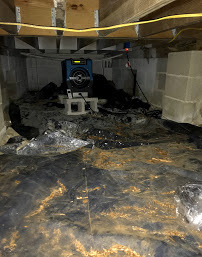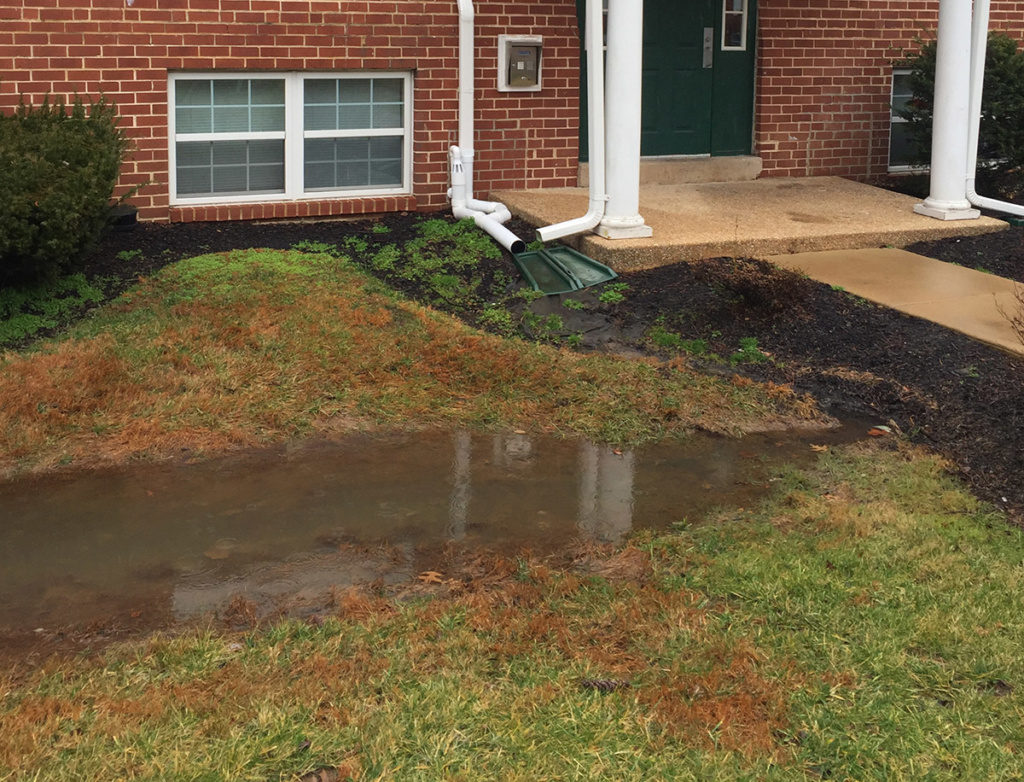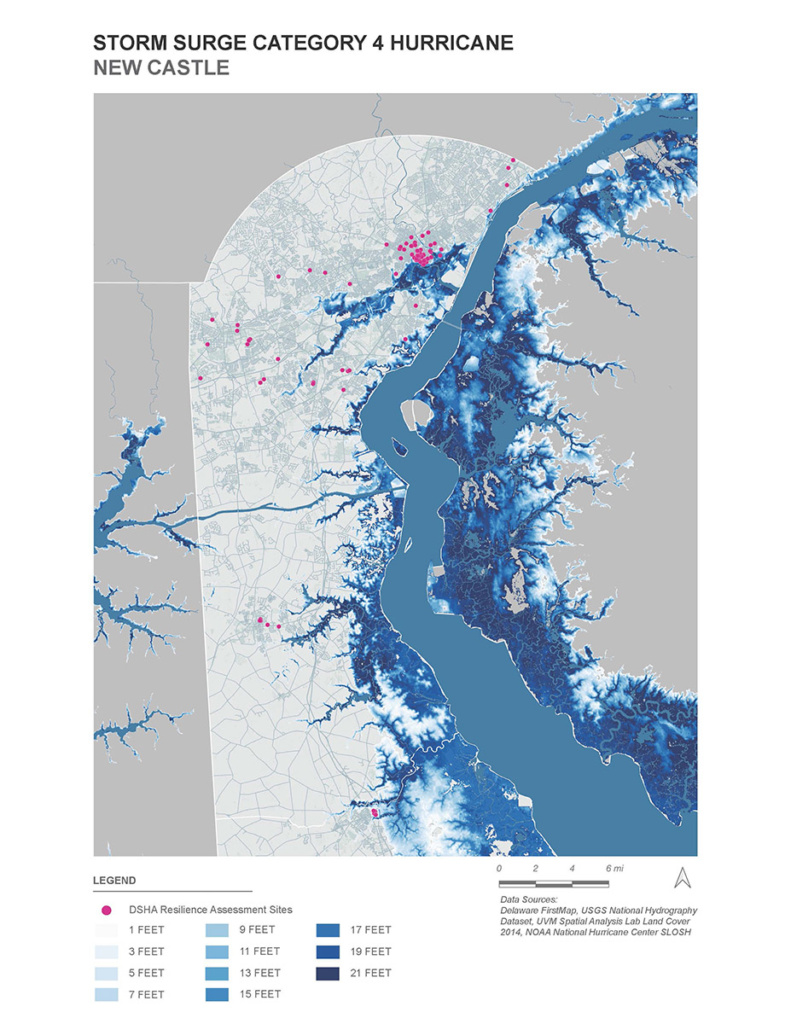
Delaware State Housing Authority Climate Risk and Resiliency Assessment

PROJECT BACKGROUND

In 2019, New Ecology, Inc. (NEI) was selected by the Delaware State Housing Authority (DSHA) to conduct a first-in-the-nation, comprehensive Risk Analysis and Resiliency Assessment of the state-assisted affordable housing portfolio of 215 funded properties. NEI partnered with Linnean Solutions to provide complementary skills and capabilities.
Both NEI and Linnean Solutions (collectively “NEI”) are national experts in resiliency planning and assessments for affordable housing. The team has deep experience working with affordable housing with deferred capital needs, limited operating resources, many-layered regulatory requirements, and low-income residents who are fragile, even without the climate-related risks of flooding, extreme heat, or power outages.
The NEI team provided DSHA with a well-founded methodology, analytic capability, and a comprehensive toolkit, involving agency staff and related stakeholders along the way.
EVALUATING RISK & VULNERABILITY
The team compiled existing property and climate hazard data sources, and created new data sets and GIS maps to overlay and array the challenges posed by a changing climate to this Delaware housing portfolio. Using a property scoring method, informed by the team’s research, properties were prioritized according to their vulnerability and to provide initial recommendations of mitigation strategies.

CUSTOMIZED RESILIENCY ASSESSMENT TOOL
NEI customized an on-site assessment tool, based on models already deployed throughout the northeast, to deliver to DSHA a Delaware-specific tool that guides a user to perform a resiliency assessment of a property and generate recommendations to address defined hazards.
FINDINGS OF SITE ASSESSMENTS
NEI performed 18 on-site assessments, using the resiliency assessment tool, focusing on the properties that are most vulnerable and likely to pursue refinancing soon, so the findings could inform capital upgrades. The most commonly recommended resilience measures were emergency management plan training for property staff, potable water storage and moisture management in below grade apartments.
RESILIENCE GUIDANCE ADDED TO DSHA DESIGN and CONSTRUCTION STANDARDS and HOUSING POLICIES
To support resiliency best practices at DSHA-supported properties, NEI is performing a comprehensive review, with stakeholder input, regarding DSHA’s standards and policies. The team recommends that DSHA incentivize resilient design, as it does sustainable design, in its future Qualified Allocation Plan for awarding Federal low income housing tax credits.
EQUIPPING DSHA to CONTINUE RESILIENCE ASSESSMENTS
DSHA staff were presented a user-friendly version of the resilience tool to continue the process of addressing resilience measures that should be incorporated into the scope of work for a property refinancing.


